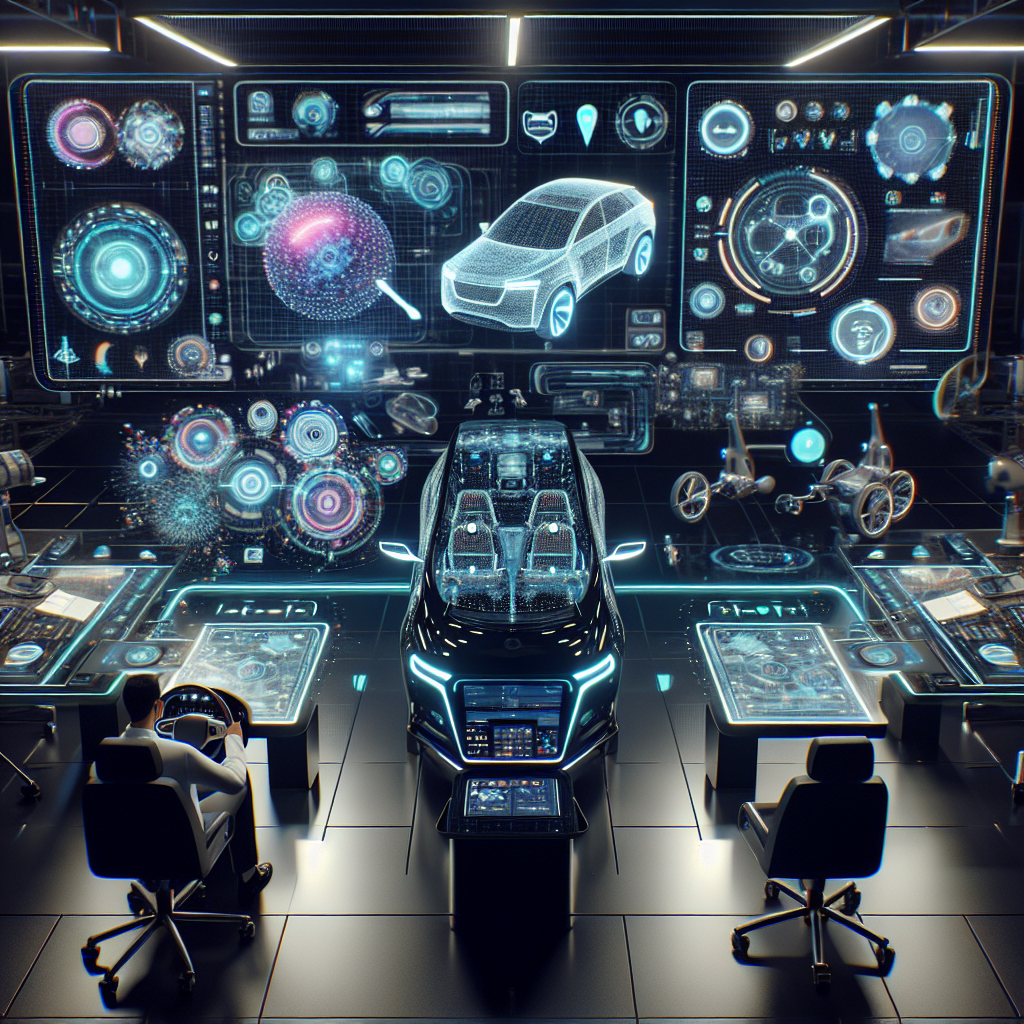
The automotive industry is witnessing a dramatic shift in how drivers interact with their vehicles, as demonstrated by recent announcements from major manufacturers. Mercedes-Benz and Skoda are leading the charge with revolutionary in-cabin technologies that promise to transform the driving experience. These developments signal a broader industry trend toward more sophisticated and immersive vehicle interfaces.
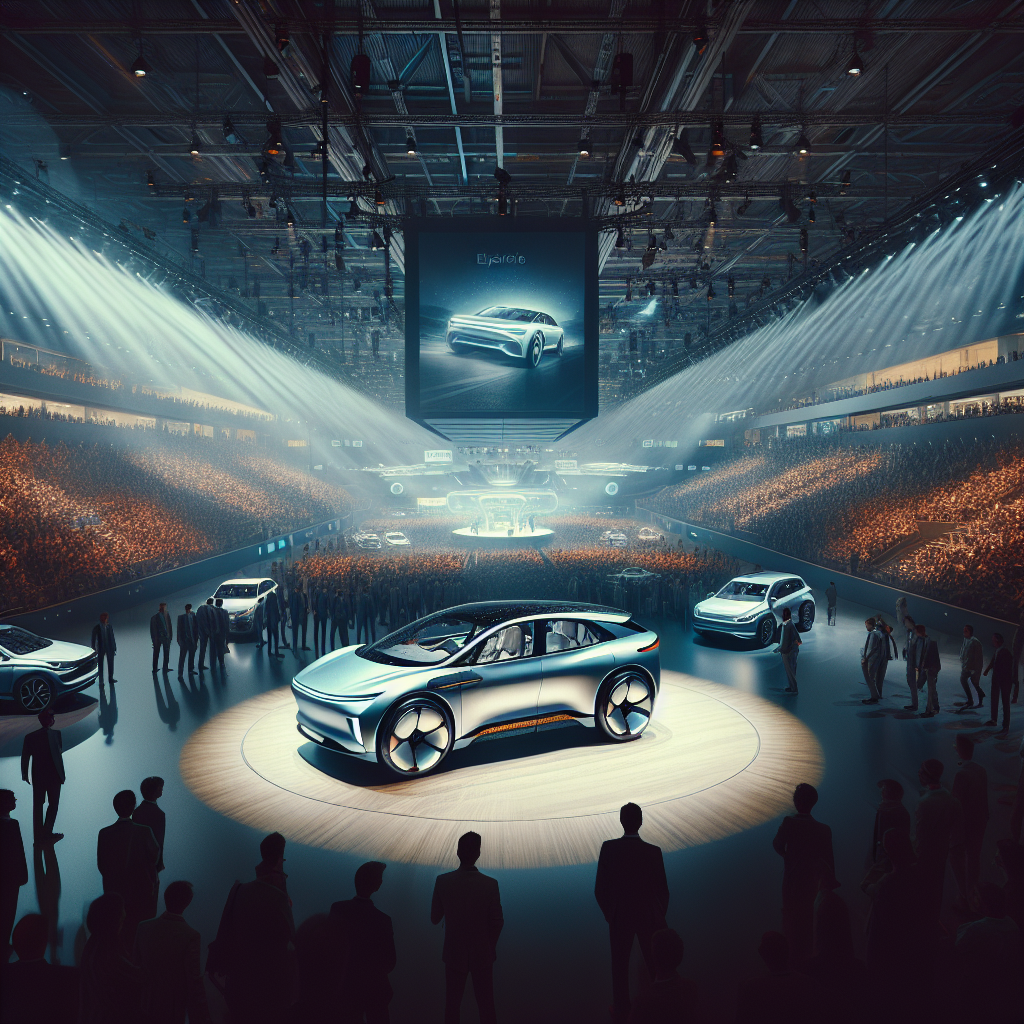
The Munich International Auto Show has become a pivotal battleground for global automakers, showcasing the latest in electric vehicle technology and affordable mobility solutions. The event highlights an intensifying competition between established European manufacturers and emerging Chinese brands, with sustainability and accessibility taking center stage [1].
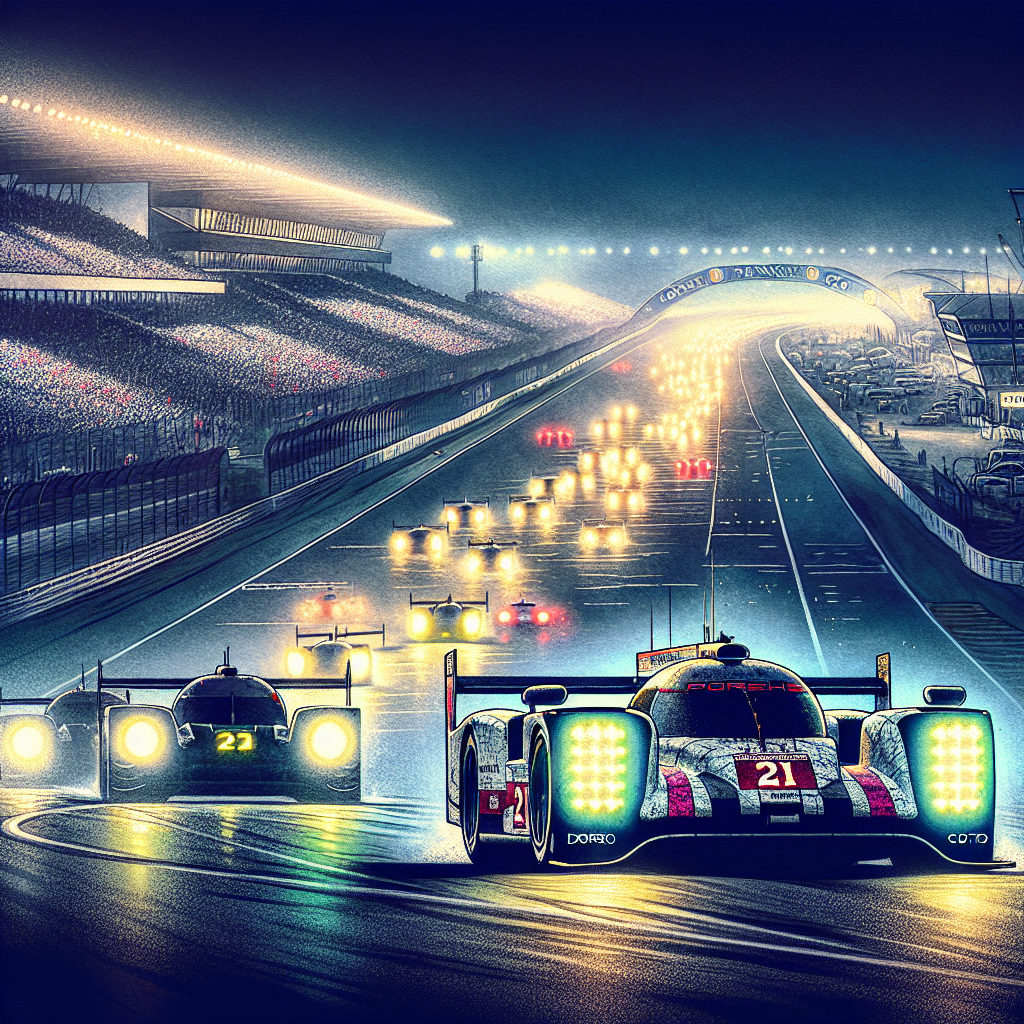
In a dramatic turn of events at the Circuit of the Americas, Porsche Penske Motorsport secured their first World Endurance Championship victory of the 2025 season. The trio of Kevin Estre, Laurens Vanthoor, and Matt Campbell masterfully navigated challenging wet conditions to bring home the win in the Lone Star Le Mans [1].
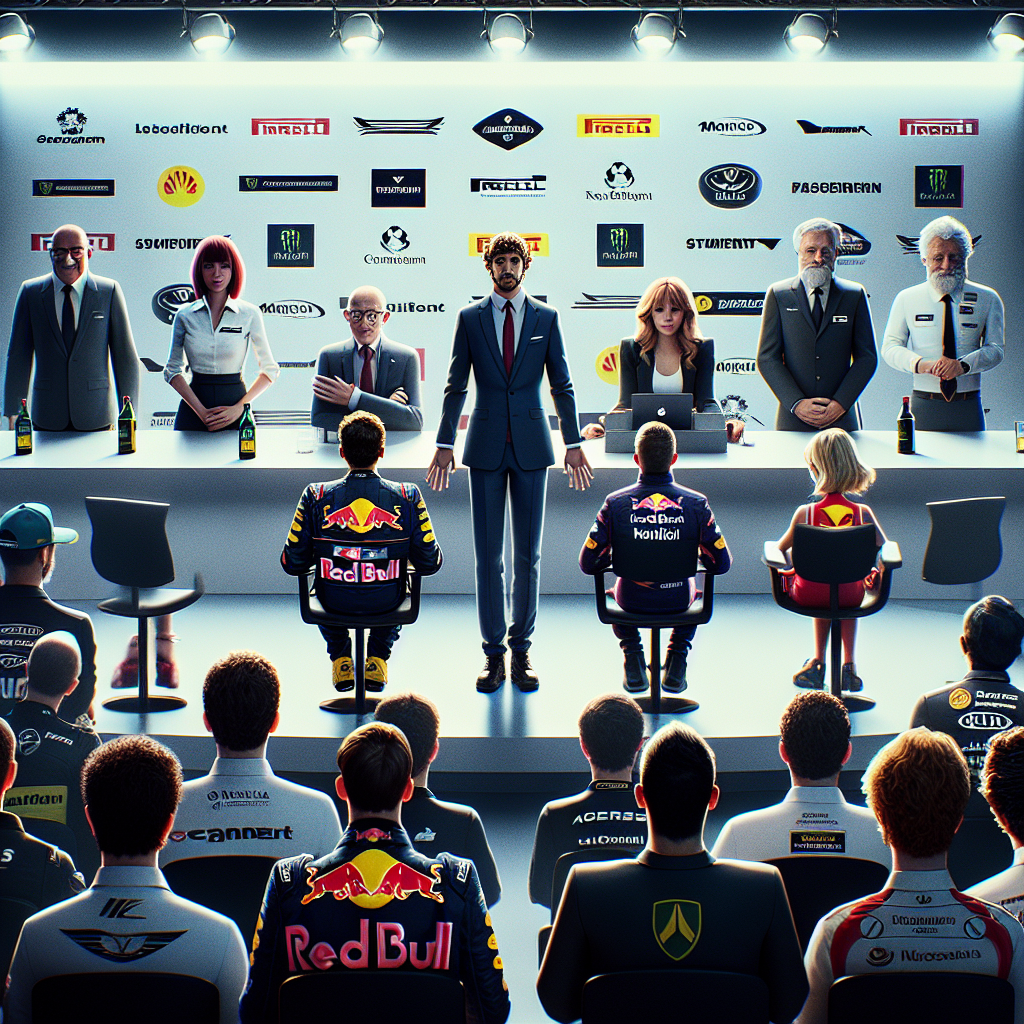
Recent leadership changes in motorsport are already showing positive impacts, with Red Bull's new team principal Laurent Mekies receiving praise for his strategic approach, while former F1 figure Guenther Steiner makes a surprising move into MotoGP by acquiring the Tech3 team. These developments signal significant shifts in both Formula 1 and MotoGP management landscapes.

Several leading car manufacturers are unveiling ambitious plans for new electric vehicles, signaling a significant shift in the automotive industry's electrification efforts. The announcements come as global plugin vehicle registrations reached 1.6 million units in July, representing a 26% market share and a 19% year-over-year increase [1].
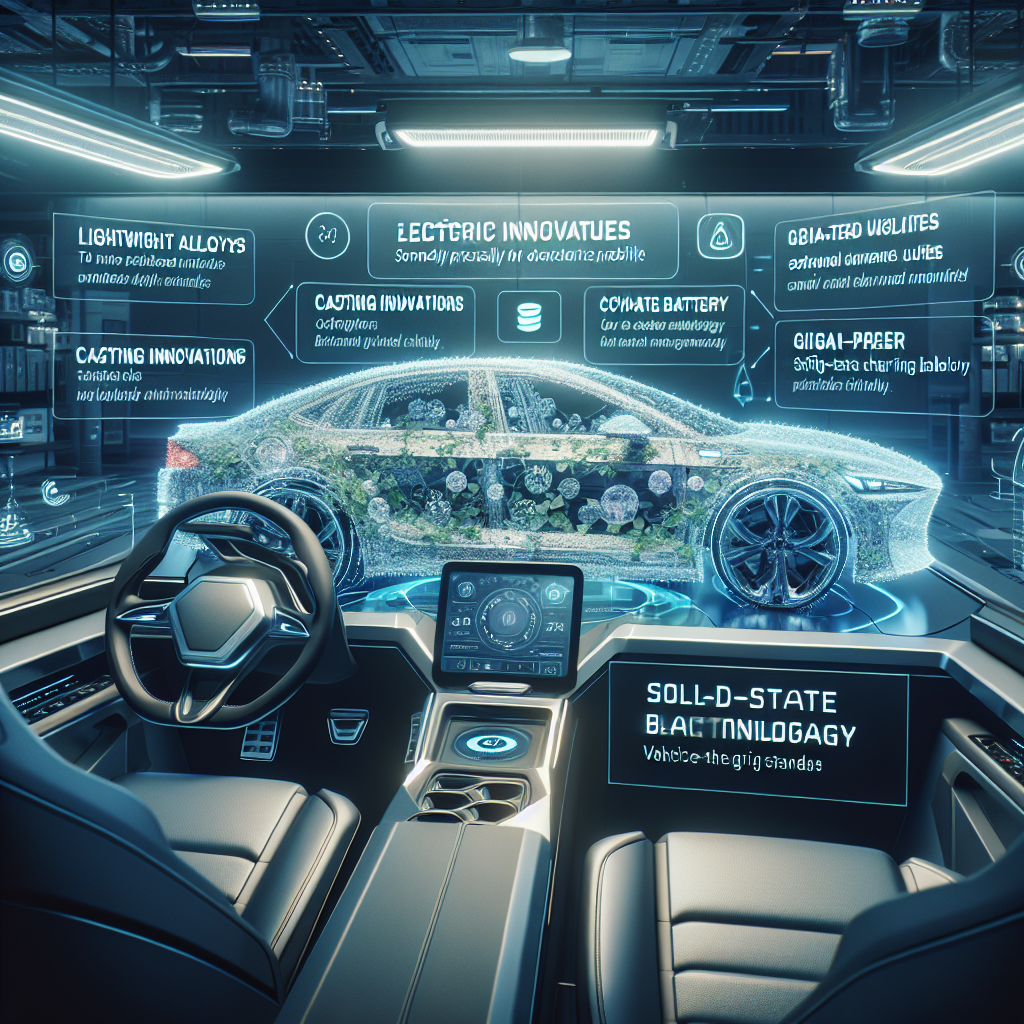
Major automakers are pushing the boundaries of electric vehicle technology with new models promising unprecedented range capabilities. Both Mercedes-Benz and Volvo are set to launch electric SUVs capable of traveling more than 435 miles on a single charge, marking a significant milestone in the industry's transition to sustainable mobility [1].
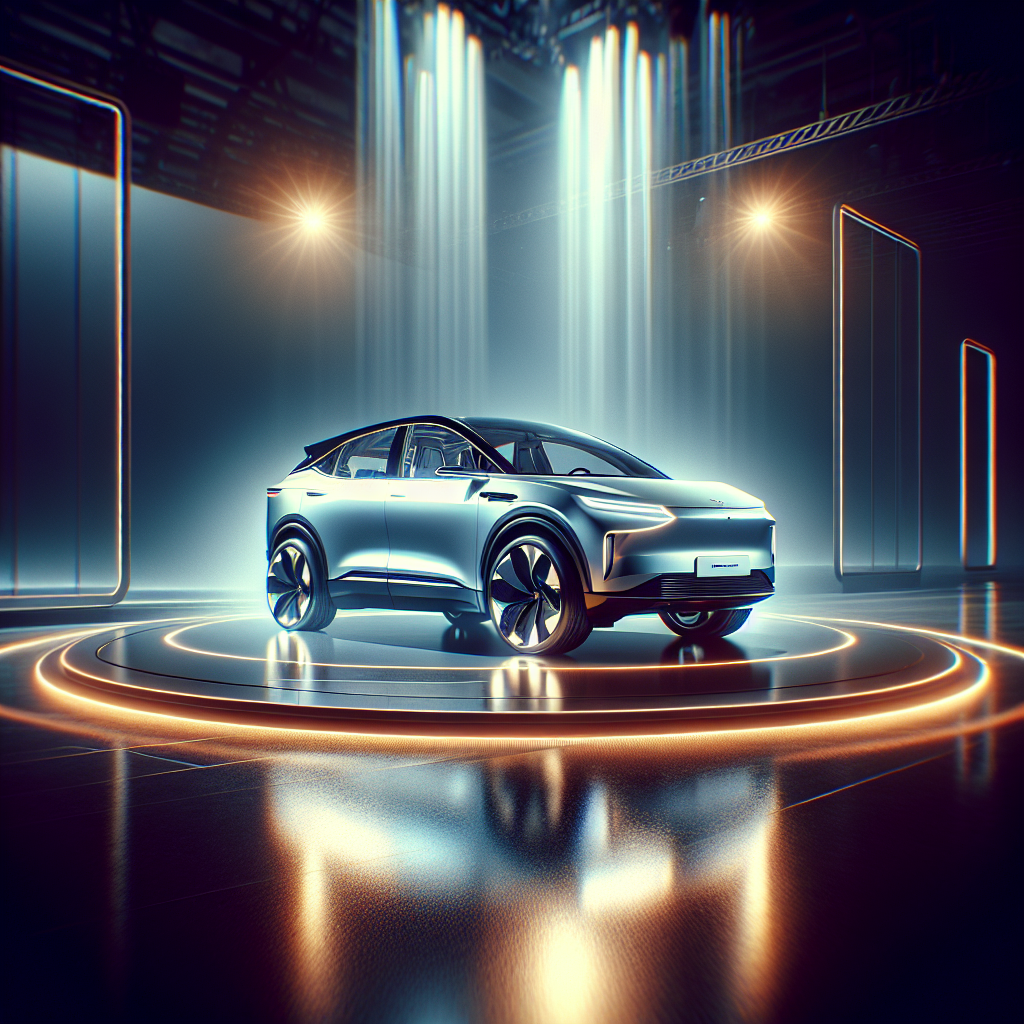
Volkswagen has revealed its latest addition to the electric vehicle lineup with the ID. CROSS Concept, a compact SUV aimed at making electric mobility more accessible. The new model, showcased at the IAA (International Motor Show), represents Volkswagen's strategic push into the affordable electric vehicle segment [1].
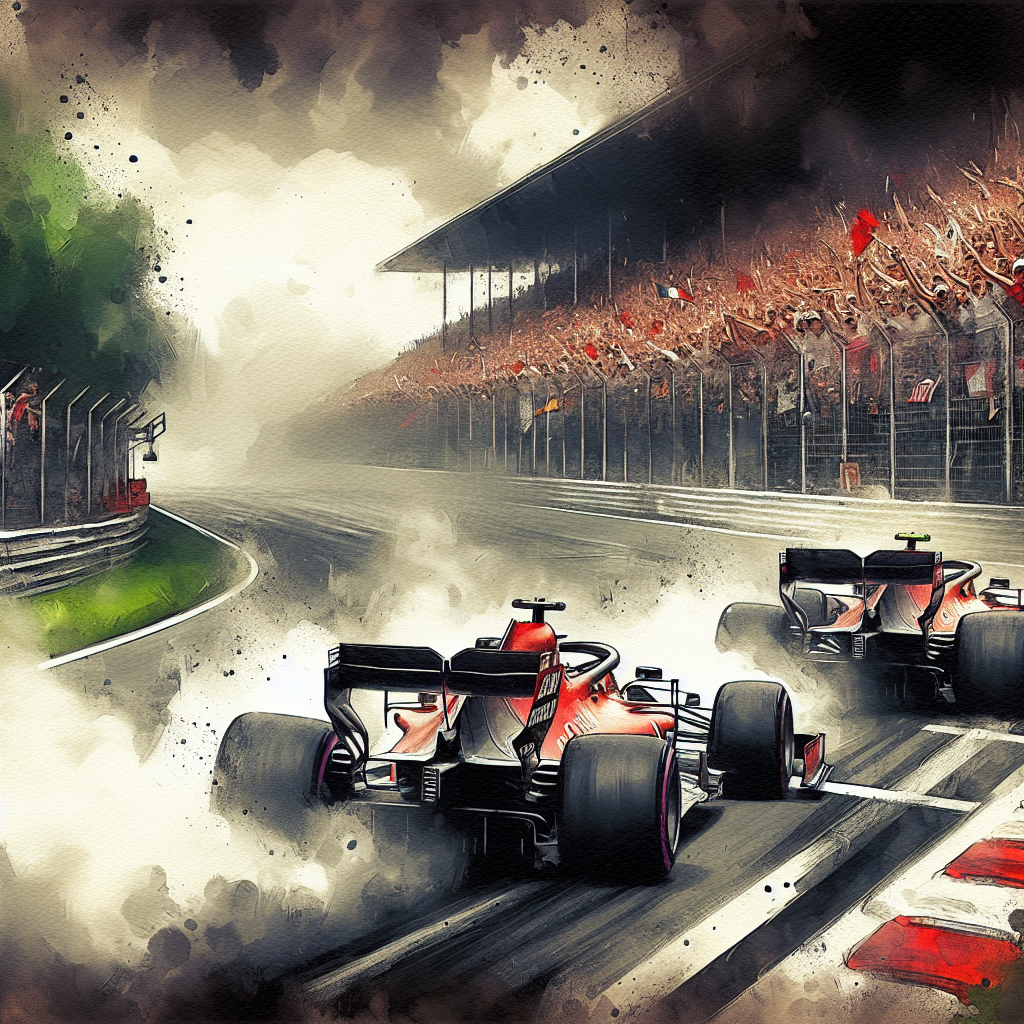
Max Verstappen delivered another masterclass performance at the Italian Grand Prix, securing a commanding victory with a margin of over 19 seconds [1]. The race, which set a new record for the fastest Grand Prix in history [2], was marked by strategic team orders at McLaren that significantly impacted the podium positions.
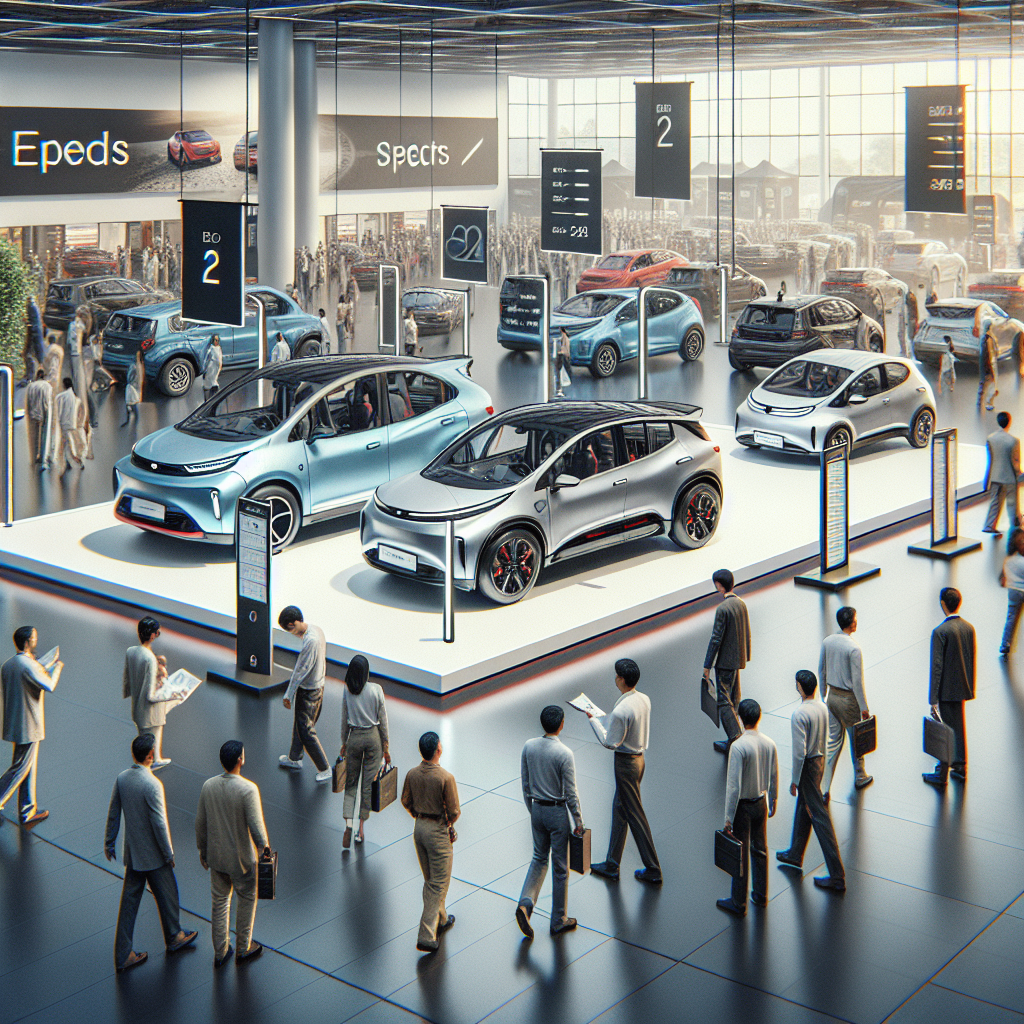
The global automotive landscape is experiencing a significant shift as Chinese manufacturers make unprecedented inroads into European markets, particularly in the UK, while established players adapt their strategies to maintain competitiveness. Recent market data shows a complex picture of traditional automakers facing new challenges while electric vehicle manufacturers continue to gain ground, with Tesla notably bucking overall market trends in the UK [1].
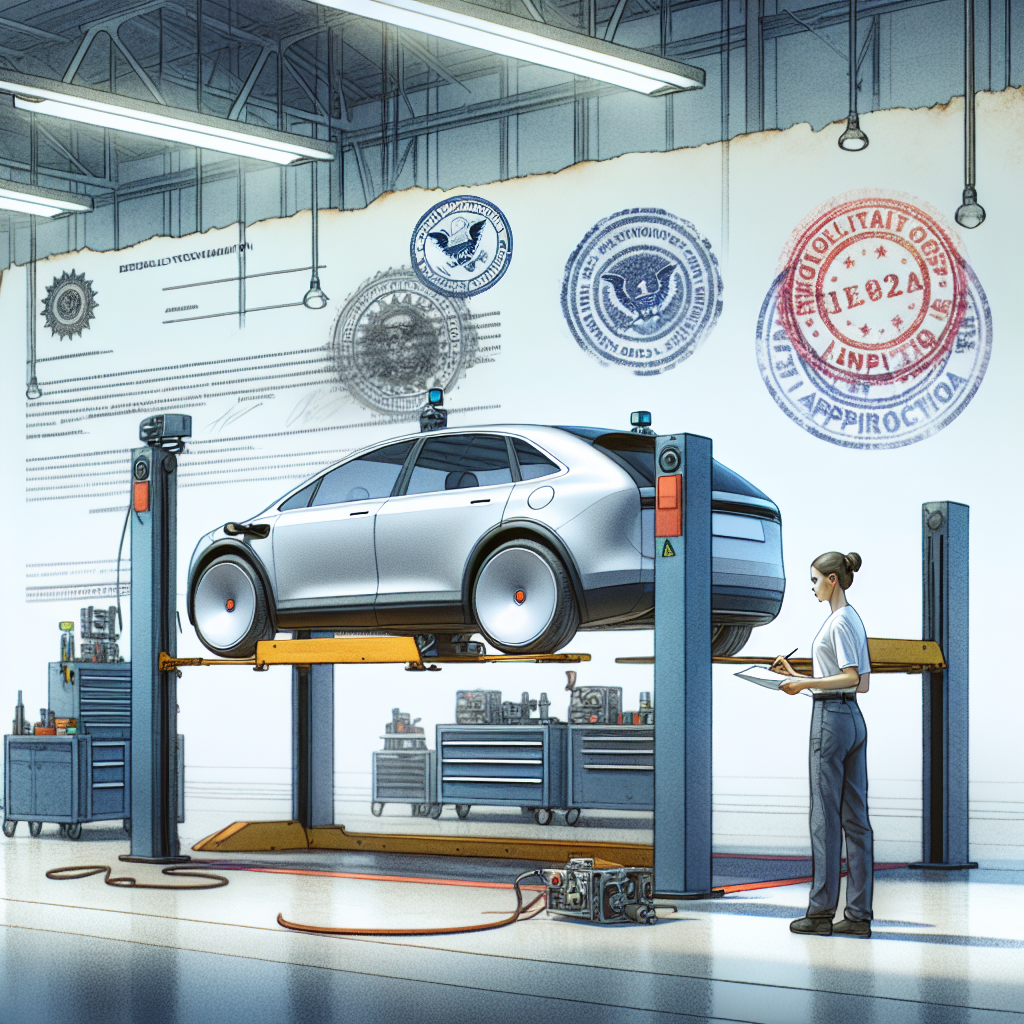
The National Highway Traffic Safety Administration (NHTSA) is taking significant steps to streamline the regulatory process for autonomous vehicles, marking a potential turning point for self-driving technology in the United States. The agency is implementing changes to make it easier for autonomous driving companies to obtain Federal Motor Vehicle Safety Standards (FMVSS) exemptions [1].